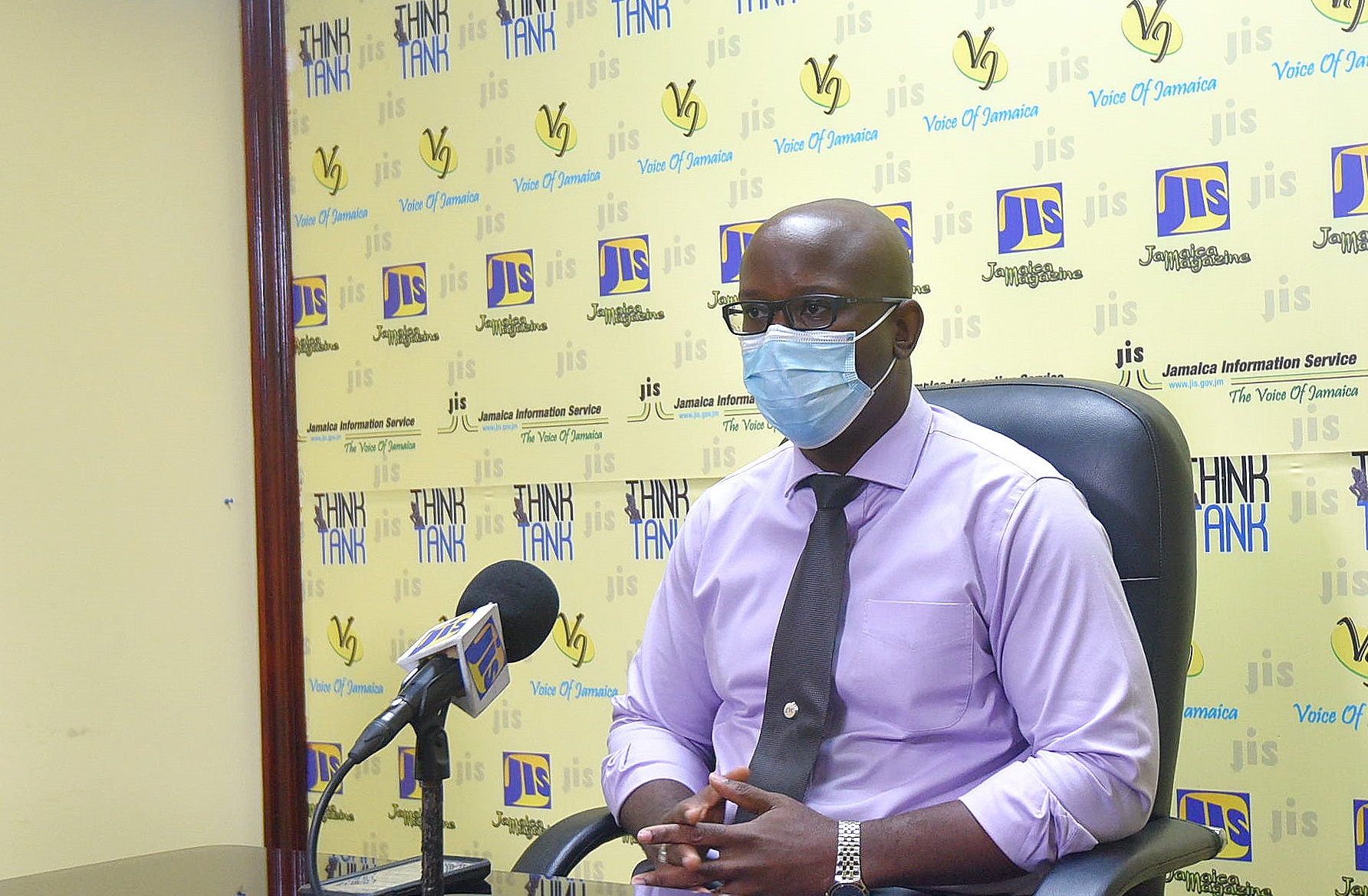Researchers Recommend Reclassification Of Causes Of Pregnancy-Related Deaths
By: , February 16, 2021The Full Story
A group of researchers is recommending the reclassification of the causes of pregnancy-related deaths, regardless of whether the complication was obstetric or medical.
This is intended to help identify the human and other resources needed to end preventable maternal deaths, as women delay childbearing and present in pregnancy with pre-existing medical conditions, some undiagnosed.
A study, entitled ‘New Maternal Mortality Classification System Highlights the Importance of Infection Cause of Death among Jamaican Women’, won for the group of four researchers the awards for best poster presentation and most impactful poster presentation at the 11th National Health Research Conference in November 2020.
Speaking at a JIS ‘Think Tank’ on Tuesday, February 16, one of the investigators in the study, Dr. Leroy Campbell, explained that since 1975 the world has classified maternal deaths into two categories – direct and indirect.
Direct deaths are those that are related to complications from pregnancy or the treatment of pregnancy-related complications, while indirect deaths are related to complications that are not particularly due to pregnancy, but may be affected by pregnancy.
Dr. Campbell explained that one of the challenges with a system that just looks at the direct and indirect causes of maternal mortality is that it is possible to fail to recognize the impact of these epidemiological changes.
“What we have proposed is for us to look at the actual causes of death as opposed to looking specifically on whether it is just related to pregnancy or not, and that allows us to be able to highlight changes and patterns that we perhaps would not have otherwise seen and in doing so allow us to make appropriate policy interventions to address this,” he said.
Dr. Campbell pointed out that maternal mortality is a major problem in Jamaica.
“We have not really seen much of an improvement in the rates of maternal death over the past 20 years. This is despite many interventions, and one of the most important tools that we use to determine and decide on policy and interventions is the classification system and the epidemiological data that we can get from that,” he explained.
“When we look at what has happened to the world since the 1970s, there have been major epidemiological transitions. We have seen changes in the type of infections that we’re dealing with,” he added.
Dr. Campbell pointed out that while obstetric infections are still important, they are not as common, “but we’re seeing more viral-related infections, so now we’re dealing with COVID-19”.
“In 2009 we dealt with another respiratory pandemic in the H1N1 global pandemic,” he reminded.
He noted that vector-borne pandemics, such as the chikungunya and Zika, were also factors.
Dr. Campbell said, however, that apart from infections, there have also been transitions as it relates to cardiovascular disease.
“We are having improved healthcare, so more persons who had congenital diseases or diseases acquired during childhood, such as rheumatic heart disease, are living into adulthood and are now reproducing,” he explained, adding that these persons are now getting pregnant, while suffering from these congenital and childhood diseases.
This, he said, is compounded by the fact that many women are increasingly becoming obese, and the prevalence of overweight and obesity is extremely high in the reproductive population.
The study was conducted by Affette McCaw-Binns, Ardene Harris, Lesley-Ann James and Dr. Campbell.



